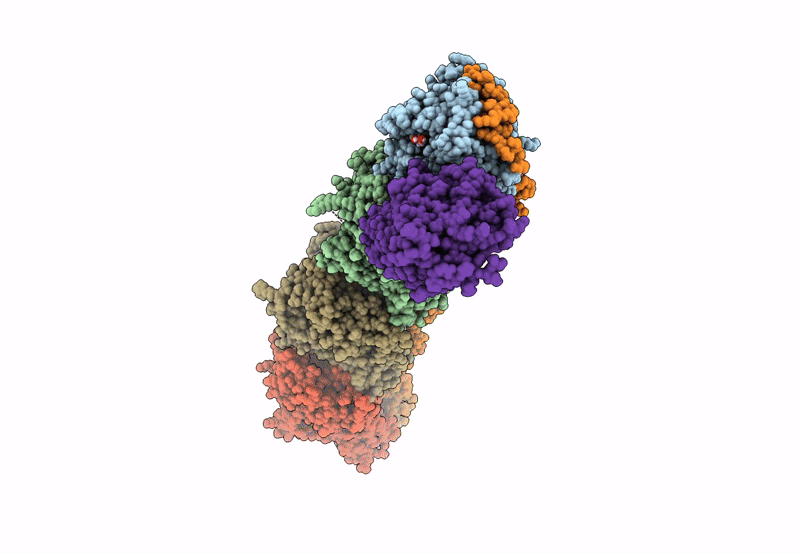
Deposition Date
2022-05-25
Release Date
2023-11-29
Last Version Date
2024-06-12
Entry Detail
Biological Source:
Source Organism(s):
Rattus norvegicus (Taxon ID: 10116)
Gallus gallus (Taxon ID: 9031)
Bos taurus (Taxon ID: 9913)
Gallus gallus (Taxon ID: 9031)
Bos taurus (Taxon ID: 9913)
Expression System(s):
Method Details:
Experimental Method:
Resolution:
2.45 Å
R-Value Free:
0.24
R-Value Work:
0.21
R-Value Observed:
0.21
Space Group:
P 21 21 21


